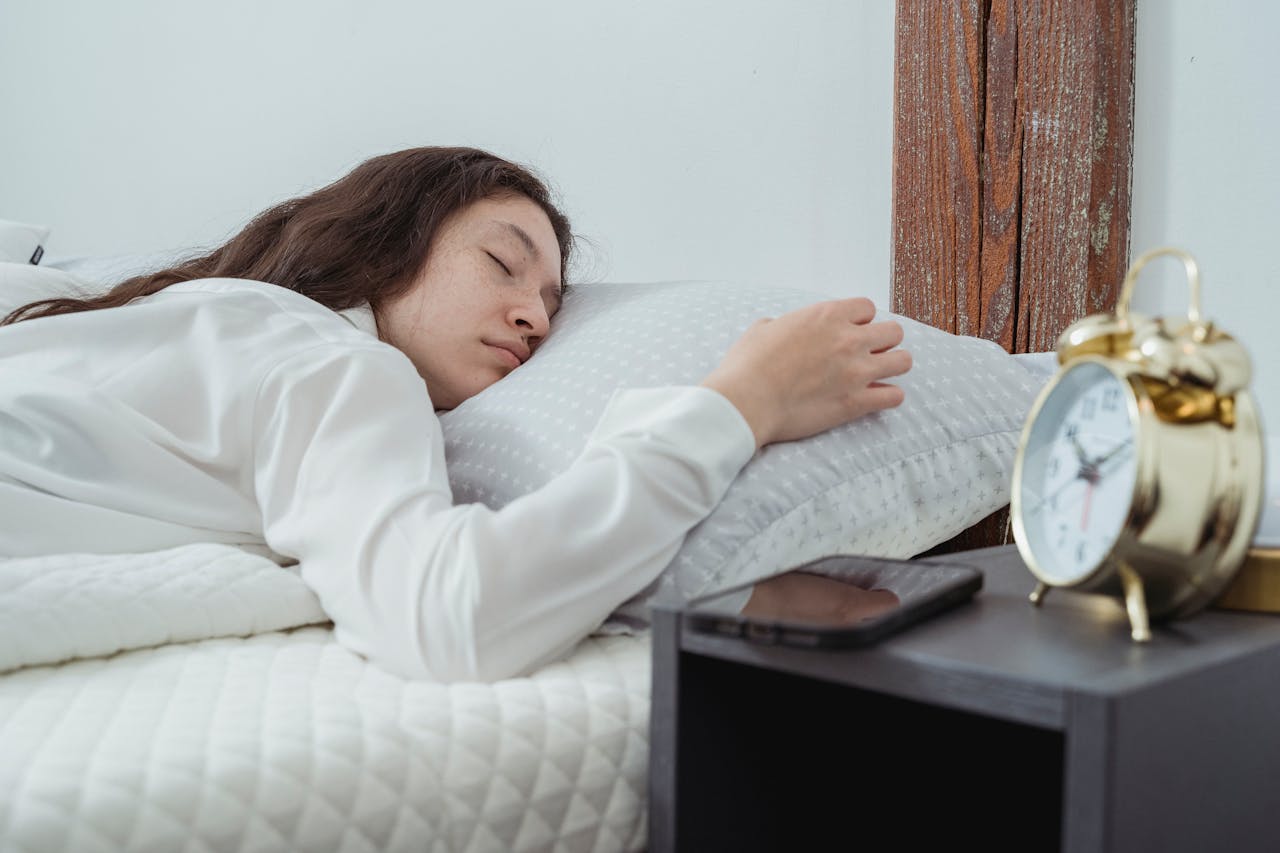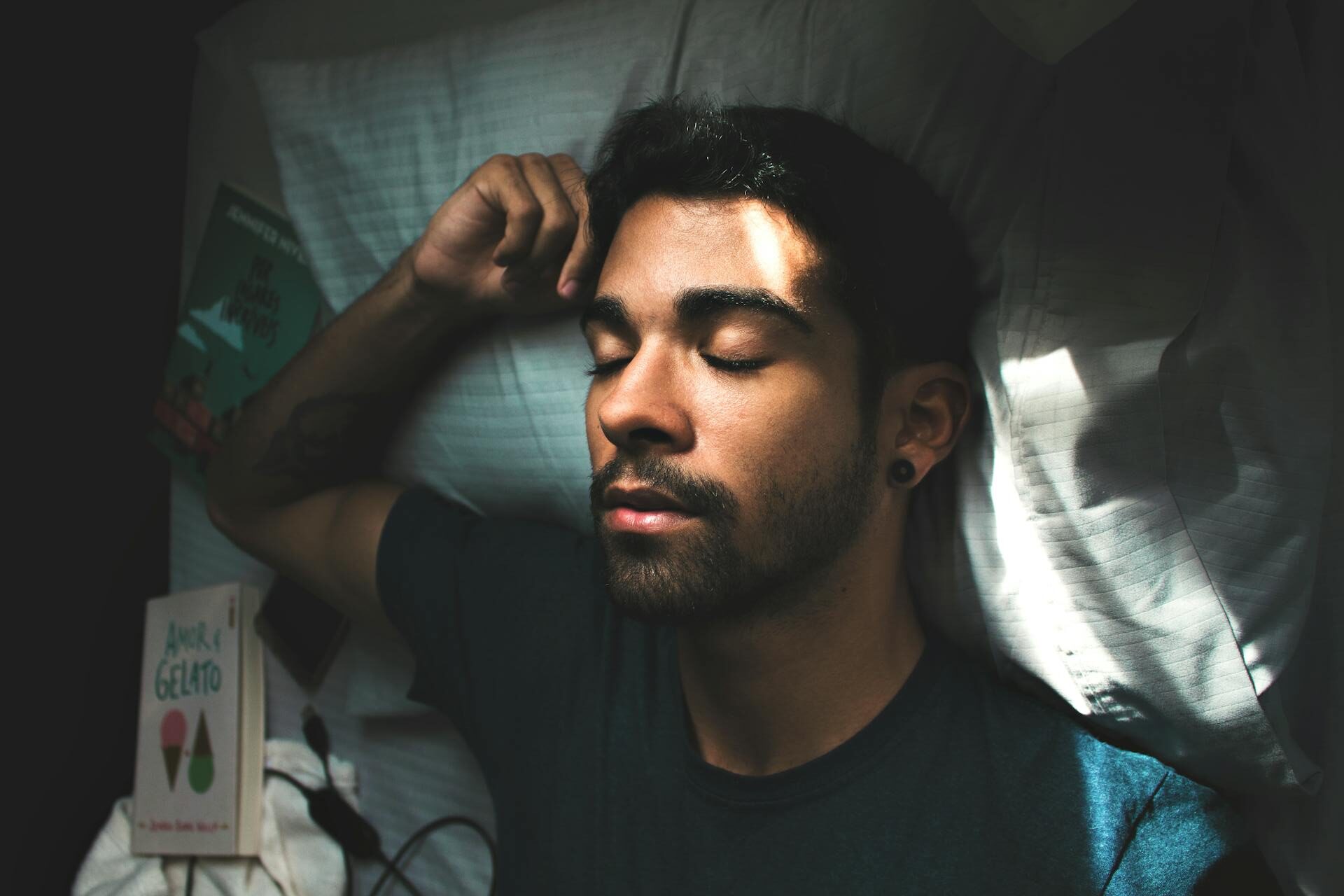
Adequate sleep is crucial for maintaining optimal physical health. Individuals who consistently struggle to achieve restful and successful sleep often experience irritability and a decline in memory and attention span. Academic performance may also suffer as a result. Sleep plays a significant role in cognitive processes and the ability to reason effectively.
Research endeavors should explore the various psychological constraints individuals are likely to face when deprived of quality sleep. By delving into a research project centered on children’s sleep patterns and their long-term impact on confidence in adulthood, it is imperative to assess existing data and draw conclusions regarding the relationship between sleep patterns and cognitive function.
Confidence is closely tied to performance. Based on the quality of tasks completed, personal and overall sentiments, and the capacity to draw inferences, individuals may exhibit varying levels of confidence. Poor sleep habits during childhood, such as inadequate duration of sleep, late bedtimes, and poor sleep quality, can diminish confidence levels and lead to uncertainty in adult decision-making.
In addressing this issue, it is essential to grasp the concept of ‘confidence.’ As per the Cambridge Dictionary, ‘confidence’ is described as “the quality of being certain of your abilities or having trust in people, plans, or the future” (Cambridge Dictionary, 2011).
Therefore, confidence is contingent upon personal emotions concerning oneself and others. This study aims to conduct a comprehensive literature review focusing on research related to children’s sleep patterns and their subsequent impact on confidence levels in adulthood.
Psychological Dependence on Sleep Patterns
In a study conducted by Wolfson and Carskadon (2003), the focus was on examining the psychological abilities and dependence on sleep patterns in humans. The researchers specifically looked at various aspects of sleep, such as bedtime and wake-up time, duration, and quality.
The findings of the study revealed that individuals who had a habit of going to bed late and waking up late, those who experienced short sleep durations, and those who constantly woke up throughout the night had a negative impact on their academic performance. These individuals exhibited irritability and difficulty concentrating on a single problem (Wolfson & Carskadon, 2003, p. 493).
Furthermore, these individuals struggled with logical thinking, performing simple tasks at school, comprehending the teacher’s instructions, and responding to questions. Poor academic performance can significantly diminish students’ self-confidence as they perceive it as personal failure.
Moreover, when individuals fail to achieve satisfactory results in their academic pursuits, they become aware that they are not meeting the expectations of others, further affecting their confidence. Based on this research, it can be hypothesized that disrupted sleep patterns during childhood can have long-term effects on literacy and overall adult life. Insufficient knowledge and limited abilities can hinder individuals from leading fulfilling lives.
Blagrove and Akehurst (2000) conducted a study that revealed a correlation between sleep problems and difficulties in logical thinking and eyewitness memory (p. 72). This research is significant as it indicates that individuals with memory issues and those who struggle with completing logical tasks have lower levels of confidence compared to others.
Furthermore, individuals with poor sleep habits often experience forgetfulness and have difficulty articulating their thoughts effectively. They also struggle to establish connections between ideas, finding it challenging to link objects and images to specific situations and circumstances in which they were perceived.
It is worth noting that individuals who regularly experience sleep deprivation not only face challenges with eyewitness memory but also encounter difficulties in constructing logical chains and reasoning to explain certain events or phenomena. These factors have a negative impact on their confidence levels and can affect their self-esteem.

The correlation between sleep issues during childhood and adulthood should not be overlooked. It is important to recognize that when children develop poor sleep habits in their early years, these habits can have a lasting impact on their sleep patterns as adults. Consequently, these sleep-related problems can significantly affect an individual’s self-confidence. Children who suffer from sleep problems often exhibit confused and illogical speech due to the fatigue caused by chronic sleep deprivation.
These children find it challenging to actively participate in discussions, often speaking in disjointed sentences and unrelated thoughts. This can lead to the development of various psychological complexes, which are not easily overcome. These complexes can be seen as the aftermath of childhood traumas, making them difficult to successfully treat.
Primarily, sleep deprivation affects memory and the ability to draw logical conclusions in individuals (Blagrove & Akehurst, 2000). Consequently, those who experience sleep problems in childhood and subsequently have impaired memory are likely to have even worse memory performance as they age. As the mind becomes less flexible with time, it becomes increasingly difficult to overcome the consequences of sleep problems.
Therefore, the impact of poor sleep during childhood becomes more pronounced in adulthood, resulting in numerous challenges. It is crucial to acknowledge that individuals with impaired memory and weak logical thinking abilities may struggle to achieve their goals successfully. Consequently, their self-esteem tends to be relatively low. Furthermore, these individuals often find themselves stagnant in terms of personal development, leading to feelings of insecurity and dissatisfaction with their accomplishments.
The focus of Baranski’s (2007) study is the impact of sleep deprivation on confidence. However, it is important to note that the study’s findings may not accurately reflect the true effects of sleep deprivation, as it only examined the impact of one sleepless day. Participants did not experience significant discomfort and their confidence levels remained unchanged. This outcome was expected. Nonetheless, the significance of this research lies in the methods employed.
In order to assess confidence, the study utilized three tasks: “perceptual comparison, mental addition, and general knowledge” (Baranski, 2007, p. 184). To ensure a comprehensive evaluation of both objective and subjective perspectives, the researchers employed methods such as meta-cognitive judgments, examination of confidence-accuracy indicators, and analysis of pre- and post-task performance estimates.
Despite the limitations of the study, such as the short duration of sleep deprivation, this methodology can be applied in my own research. By utilizing the same measures and approaches to assess confidence discussed in this article, I can investigate how the duration of sleep deprivation, decreased sleep quality, and increased instances of going to bed late and waking up late impact confidence levels. Furthermore, I can expand this research to include children in order to examine the effects of sleep on their confidence and track changes as they transition into adulthood.

The Relationship between Sleep, Emotions, and Pressure
Lund, Reider, Whiting, and Prichard (2010) carried out an extensive study focusing on the connections between sleep, emotions, and pressure. The researchers utilized various tools such as the Pittsburgh Sleep Quality Index (PSQI), the Subjective Units of Distress Scale (SUDS), the Epworth Sleepiness Scale (ESS), the Profile of Mood States (POMS), and the Horne-Ostberg Morningness Eveningness Scale (MES).
In the PSQI assessment, children were required to provide feedback on different aspects of sleep including “subjective sleep quality, sleep latency, sleep duration, habitual sleep efficiency, sleep disturbances, use of sleep medication, and daytime dysfunction over the past month” (Lund, Reider, Whiting, & Prichard, 2010, p. 125). ESS evaluated the activities that could induce sleep in children. MES indicated the timing of children’s activities, whether during the day or night.
SUDS gauged the stress levels following good and poor sleep, while POMS assessed the mood of children after experiencing poor sleep (Lund et al., 2010, p. 126). Consequently, the measurements conducted in this study contribute to understanding the overall impact of poor sleep on children. Further research could shed light on the long-term effects of these outcomes on children as they transition into adulthood.

The Relationship between Sleep and Self-Confidence
Self-confidence refers to a mental state in which individuals are completely satisfied with their performance and the outcomes of their activities. Poor sleep habits can disrupt people’s plans due to constant fatigue, leading to changes in behavior. Additionally, these habits not only affect emotional well-being but also reduce brain activity, ultimately diminishing self-assurance as individuals become fixated on their inability to successfully handle various tasks.
It is important to recognize that inadequate sleep habits during childhood can have negative effects on the human body and its development. Consequently, these effects can be so profound that individuals continue to experience the consequences of poor sleep into adulthood.
Sleep deprivation and unhealthy sleep patterns have a significant impact on physical development and can give rise to various health problems. Furthermore, issues with health, memory, logical reasoning, and analytical thinking can all contribute to a decrease in self-confidence.
In conclusion, extensive research has been conducted on the relationship between sleep and the human mind. While some studies specifically address self-confidence, others do not. Nonetheless, all research related to the human mind can serve as supporting or contradictory evidence.
The findings discussed in this paper can be used as supporting arguments and as a foundation for further research on how childhood sleep habits affect individuals and their self-confidence in adulthood. During childhood, individuals may develop poor sleep habits that influence their behavior and cognitive processes.
Failure to address sleep-related issues can have significant consequences, making its impact on adult life inevitable. Therefore, future research should focus on the long-term effects of poor sleep during childhood on individuals as they transition into adulthood.
Sources of information and works reference;
Baranski, J. V. (2007). Fatigue, sleep loss, and confidence in judgment. Journal of Experimental Psychology, 13(4), 182-196.
Blagrove, M., & Akehurst, L. (2000). Effects of sleep loss on confidence-accuracy relationships for reasoning and eyewitness memory. Journal of Experimental Psychology: Applied, 6(1), pp. 59-73.
Cambridge Dictionary. (2011). Web.
Lund, H. G., Reider, B. D., Whiting, A. B., & Prichard, J. R. (2010). Sleep patterns and predictors of disturbed sleep in a large population of college students. Journal of Adolescent Health, 46, pp. 124–132.
Wolfson, A. R., & Carskadon, M. A. (2003). Understanding adolescents’ sleep patterns and school performance: a critical appraisal. Sleep Medicine Reviews, 7(6), 491-506.